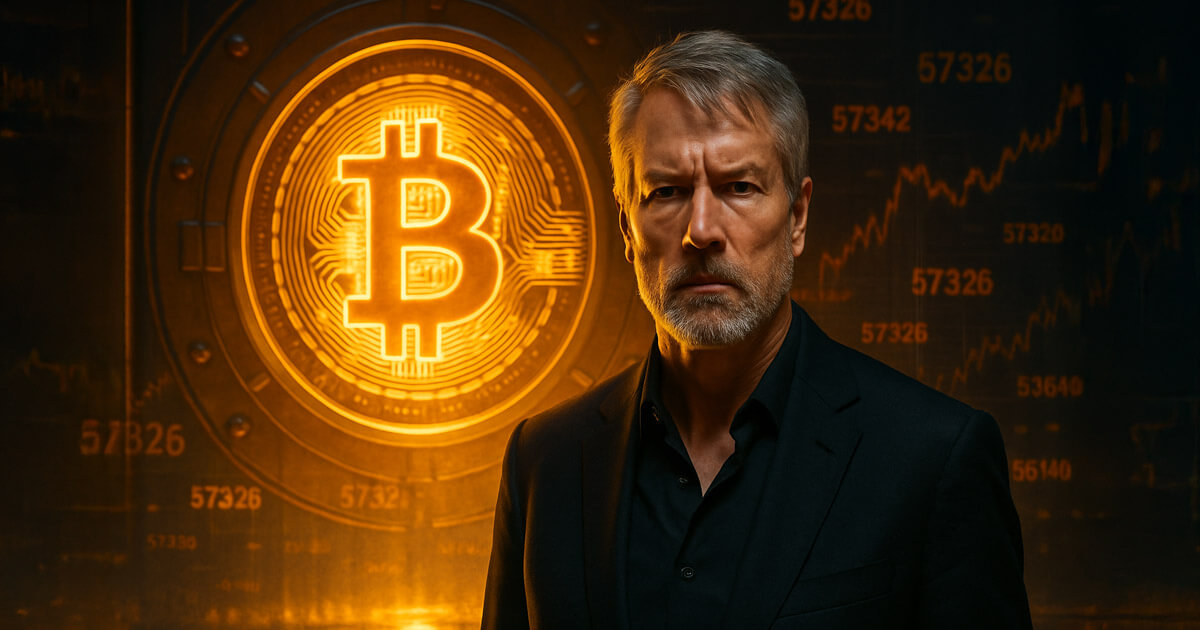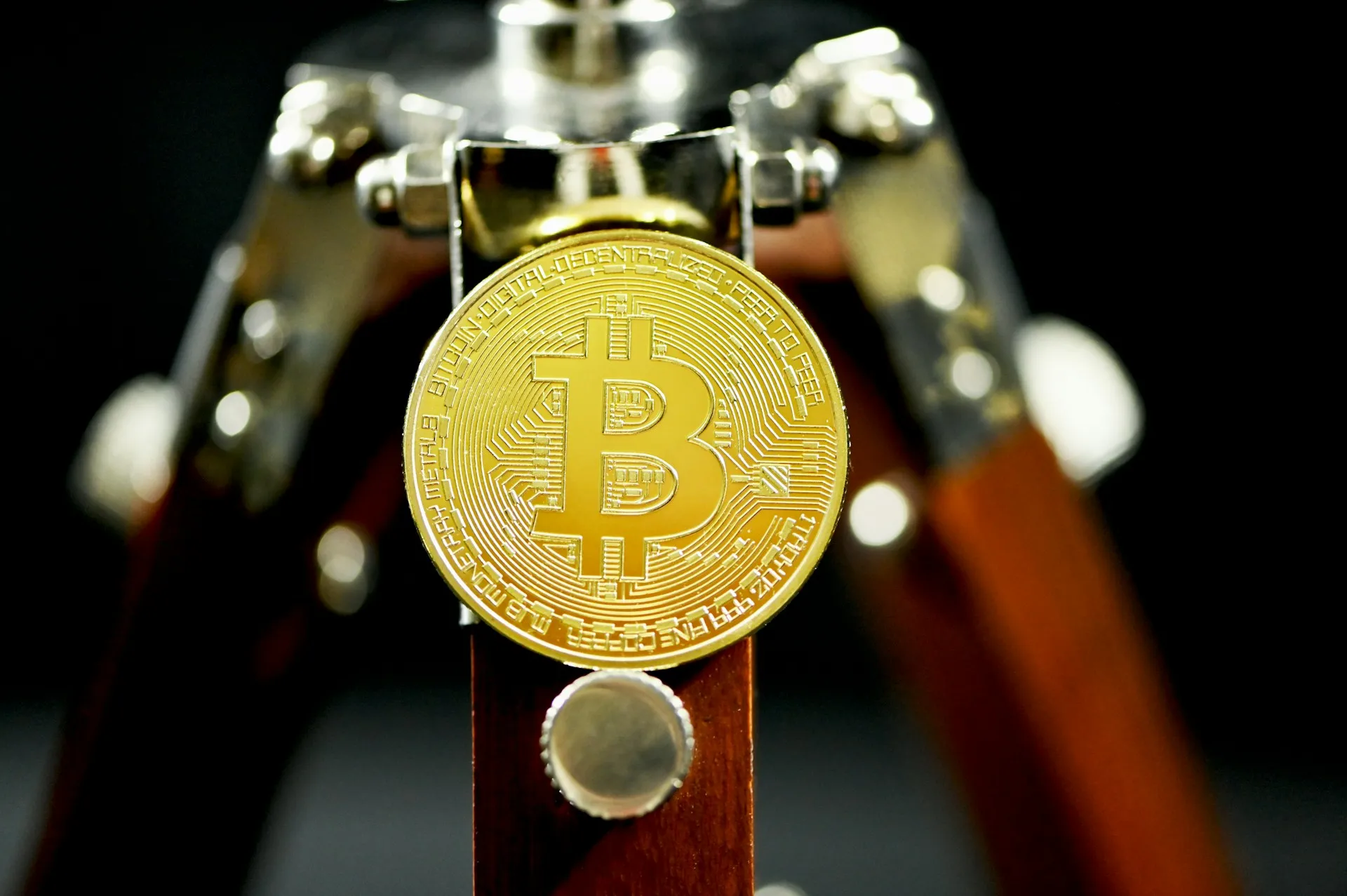The following is a guest post and opinion of Jeff Garzik, Co-founder of Hemi Labs.
Ever since Bitcoin stopped being the one and only crypto, a group of its stalwart devotees emerged called “Bitcoin maximalists,” arguing that BTC is the only “true” digital asset. As the crypto industry moves toward all-pervading decentralized finance (DeFi) interoperability, however, this mindset is rapidly becoming not only irrelevant but even harmful to the sector.
Bitcoin maximalism really took shape in the early days of crypto, back when Bitcoin was the only truly decentralized and trustless store of value, with a proven protocol and a clear focus on sound money principles. When other cryptocurrencies, or altcoins, started popping up later on, they were mostly seen as risky speculative bets or even scams — something that couldn’t match Bitcoin’s security, its strong network effects, or the ideological purity it represented.
Back then, most maximalists would insist that BTC was the only legitimate crypto out there, viewing all other digital currencies as distractions or, even worse, a betrayal of Satoshi’s original vision. With infrastructure and interoperability still in their infancy, this mindset made sense — after all, Bitcoin was the only player in town, and its dominance seemed pretty much unchallenged.
From Isolation to Collaboration
Fast forward to 2025, and the world of crypto looks completely different from those early days. The explosive growth and innovation in DeFi and cross-chain tech have shifted the focus from isolated ecosystems to interconnected ones. Now, the crypto space is all about enabling smooth interactions between different blockchains, making the environment much more interconnected and versatile.
Today, a number of innovative projects are pushing this trend even further by integrating Bitcoin directly into the DeFi space — and not just as tokenized versions like wrapped BTC, but as a true, native part of this interconnected world. This marks a huge shift from the old ways and clashes with the maximalist view, which still argues that Bitcoin’s isolation is actually a good thing.
At its core, Bitcoin maximalism has a flaw — it refuses to adapt or keep up with the changing crypto environment. It still sees Bitcoin as a closed ecosystem, ignoring the breakthroughs happening all around in the wider crypto industry. But that mindset overlooks a key point — most modern crypto users aren’t driven by ideology; they want convenience and easy access to a variety of services rather than isolated platforms or insular systems.
Unique Opportunities Emerge
Decentralized finance, or DeFi, has already opened up amazing new opportunities — things like yield farming, lending, and decentralized exchanges — that make capital more efficient and put increased power in the hands of users.
So, it’s only natural that Bitcoin, with its top-tier security and liquidity, should be right at the center of this finance revolution, not pushed to the sidelines. Bringing Bitcoin directly into DeFi doesn’t dilute its value — in fact, it boosts it by making BTC the backbone of this new financial age.
The numbers back this up, contradicting the arguments of maximalists. For instance, by 2025, the total value locked in DeFi surpassed $120 billion, with stablecoins adding another $250 billion in market cap, and cross-chain bridges processing billions in daily transactions.
Meanwhile, solutions like wrapped BTC are often clunky and centralized, creating counterparty risks that go against Bitcoin’s core principles. If these workarounds are phased out and Bitcoin can move freely across many different blockchains, it could become even more valuable through interoperability.
Brand New Crypto World
As this trend accelerates, maximalist ideas will seem outdated. The future of crypto isn’t about blockchains fighting each other but rather working together — each playing to their strengths, creating a system that’s more powerful than any individual chain. Bitcoin will still be a premier store of value, but its usefulness will grow immensely through support of smart contracts, liquidity pools, and cross-chain tech. Maximalists who dismiss this as heresy risk getting left behind, like dinosaurs staring at a meteor streaking across the sky.
The problem is, their unwavering zeal might actually hold Bitcoin back, trying to keep it out of the modern, interconnected crypto ecosystem. This attitude also pushes away users and developers who see crypto as a unified, interconnected network that needs to function smoothly and serve real-world needs.
While Bitcoin maximalism isn’t completely dead yet, it’s definitely on its way out. As interoperability becomes the industry standard, the idea of Bitcoin as a standalone, isolated giant will fade away. The DeFi boom is already here, and rather than destroying Bitcoin, it’s launching it into a new era. The big question now is whether maximalists will adapt or become relics of a bygone era.
The post DeFi Is outpacing Bitcoin’s maximalist mindset appeared first on CryptoSlate.



